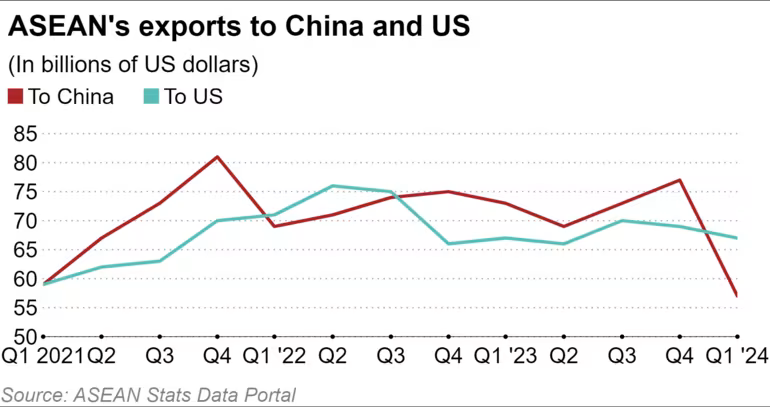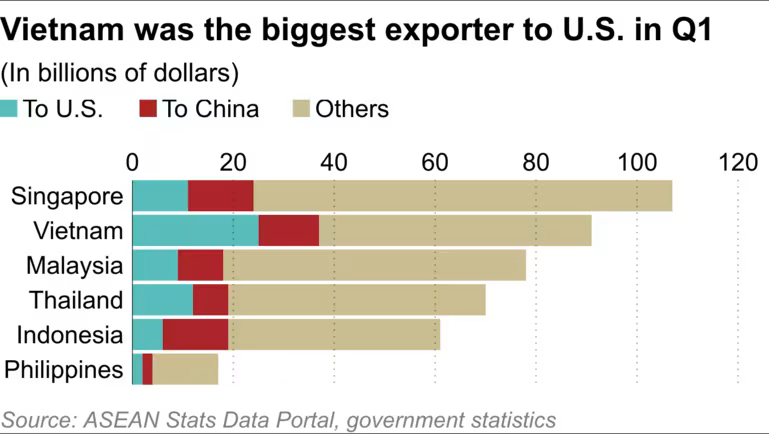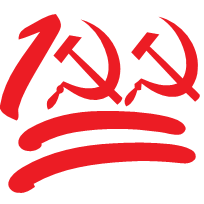2 recent articles from Al Mayadeen English I’d like to highlight, both covering similar themes
What Westerners Must Understand About The Necessity Of Palestinian Armed Struggle, Robert Inlakesh
This article is palatable to a Western audience as it directly engages with Western narratives. And so the arguments presented is nothing too out of the ordinary, with most of it hopefully being common knowledge for people here.
The Battle Against Western Arrogance, Hasan Abu Ali
I think a quote from the article itself provides a better summary than I myself could write:
I would expand on this to say: the Left's search for a non-Arab, non-Muslim resistance movement belies the fact that the center of the world revolution has been far from the West for a very long time. Since the fall of the Berlin Wall, resistance has shifted from being interwoven into the fabric of Western society to something that predominantly comes from outside. The Western left, in its colonial arrogance, refuses to accept this fact, and even less the notion that, if there is a revolutionary center, it would be the Middle East.
Even among those who appreciate this revolutionary center, we are often treated as a kind of raging beast. We have an appreciable power to be sure but lack meaningful insights. These are the people who will watch our military exploits with great excitement but yawn at the impressive feats of coalition building, the slow rise to strategic equilibrium over decades, and the steady accumulation of resistance infrastructure in the world's most besieged and bombarded region. Only an arrogant Left that refuses to learn from those it sees as "lesser" could miss these monumental feats.






Bloomberg: Singapore container ship logjam spills over to Malaysian port